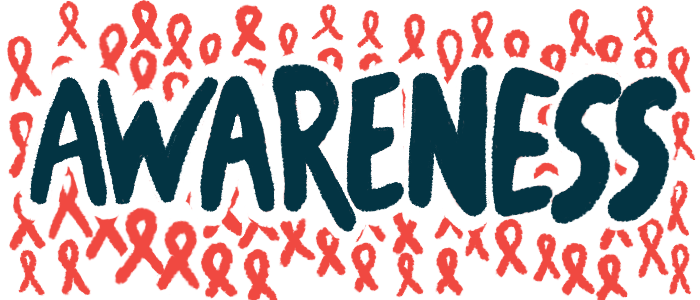‘Time to act’ is theme of Alzheimer’s disease awareness efforts
Alzheimer’s Disease International aims to make disease a global health priority

September is awareness month for Alzheimer’s disease and other forms of dementia, and Alzheimer’s Disease International (ADI) is calling on the disease to be made a global health priority with the theme, “Time to act on dementia, time to act on Alzheimer’s.”
Several initiatives have been held to move people to take action ahead of World Alzheimer’s Day on Sept. 21 when most awareness-raising initiatives will take place. ADI has also released its World Alzheimer Report on that day.
“Each September, people unite from all corners of the world to raise awareness and to challenge the stigma that persists around Alzheimer’s disease and all types of dementia,” ADI states on its webpage for World Alzheimer’s Month, which the group organizes.
ADI will host an online webinar to launch its 2024 report, which focuses on attitudes and stigma around dementia. Set for the evening before World Alzheimer’s Day, the webinar will explore ways to challenge stigmas and improve understanding about dementia.
Alzheimer’s causes a decline in memory, thinking, learning, and organizing skills that worsens over time, limiting a person’s ability to carry out basic daily activities despite treatments that can help manage symptoms. The disease is the most common cause of dementia and usually affects people over age 65.
Taking part in World Alzheimer’s awareness efforts
This year’s report explores how people view dementia and will include those living with it, caregivers, healthcare workers, and the public. The report builds on the 2019 report by analyzing how these attitudes have changed in five years.
The 2019 report revealed that many healthcare workers viewed dementia as a normal part of aging, that caregivers often hid diagnoses, and the public felt little could be done. ADI hopes to see how global attitudes toward dementia have shifted, highlighting the need for continued awareness and education.
A regional campaign in the Americas and Caribbean, in collaboration with the Pan American Health Organization, will include resources in English, French, Spanish, and Portuguese to accommodate the diversity of languages spoken throughout the region.
In the lead-up to World Alzheimer’s Day, the Alzheimer’s Association is calling on people to take part by donating or fundraising, or by sharing information about Alzheimer’s. More than 55 million people around the world are estimated to be living with Alzheimer’s or other forms of dementia, according to the Alzheimer’s Association.
In the U.K., the Alzheimer’s Society is asking people living with Alzheimer’s or other forms of dementia to share their stories and join other patients who’ve spoken up about how dementia has impacted them and their families.
Under the header “Dementia is not a normal part of aging,” the Alzheimer Society of Canada has launched a campaign to educate people about the 10 warning signs of Alzheimer’s and other forms of dementias. The campaign is ongoing on social media, including Facebook and Instagram.
“While World Alzheimer’s Month may stop at the end of September, the experiences of people who live with dementia do not. As such, we ask you to take what you’ve learned during the month and continue to share it throughout the year,” the Alzheimer Society states on its campaign webpage.







